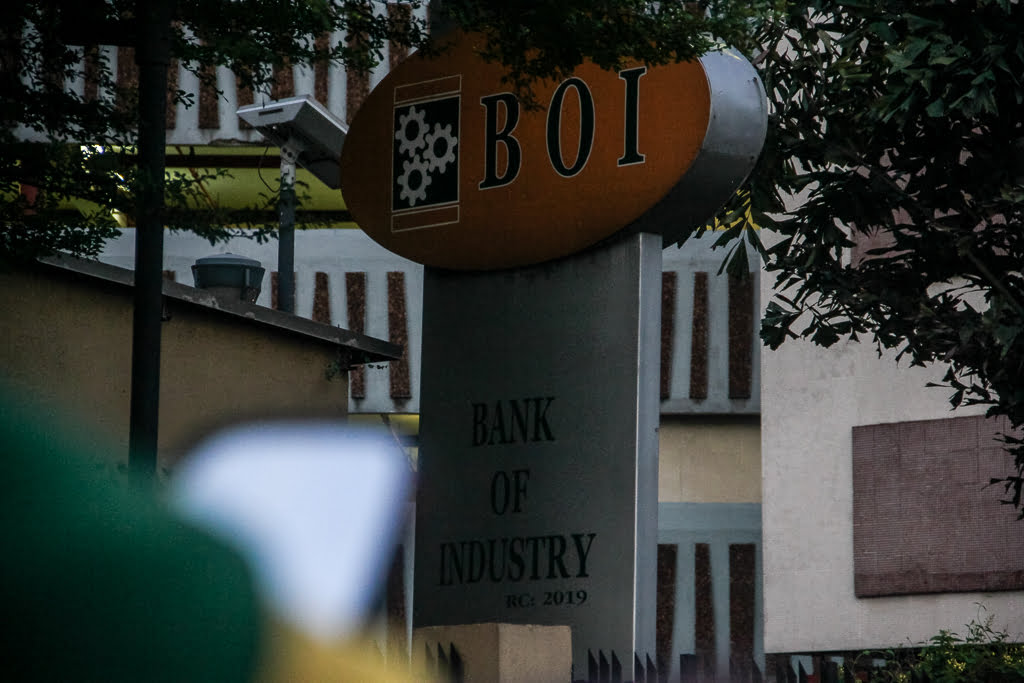The Bank of Industry (BOI) has reiterated its commitment to driving impact in Nigeria’s industrial sector by supporting micro, small, medium and large enterprises to achieve sustained growth that generates considerable multiplier effects such as industrialization, job creation, and poverty alleviation for the economy.
The Managing Director/Chief Executive Officer, BoI, Olukayode Pitan, stated this while reacting to international awards won by the bank in recognition of its developmental impact, commitment to sustainable banking principles and innovative capital raising activities.
The bank received the ‘Best Development Bank- Africa 2022’ award at the International Banker 2022 Banking Awards; ‘Most Sustainable Bank 2022, Nigeria’ at the World Finance Banking Awards; ‘Best SME Partner Bank of the Year’ and ‘CEO of the Year’ at The European Magazine Global Banking and Finance Awards. The awards were presented in the heart of London’s financial center.
Pitan’s achievements were also recognized by The European Magazine Global Banking and Finance Awards with the ‘Banking CEO of the Year’, which he won for the second time, after first winning it in 2019.
“We are committed to driving impact in Nigeria’s industrial sector by supporting micro, small, medium and large enterprises to achieve sustained growth that generates considerable multiplier effects such as industrialization, job creation, and poverty alleviation for the economy.
“Our dedication to building a resilient organization that can respond to the needs of our customers and operating challenges is unwavering. In the past 5 years, we have raised over $5 billion from the International Debt Market towards enhancing our capital base to support our customers and the real sector in Nigeria. This has significantly strengthened the bank’s capacity to continue to provide the much-needed finance required by Nigerian enterprises to thrive and scale-up their business operations,” he said
Between 2015 and June 2022, the Bank of Industry has provided funding of over $3.1bn (₦1.36 trillion) to over 4.3 million enterprises in Nigeria through direct and indirect interventions; resulting in the creation of an estimated 9.6 million jobs.






2 Comments